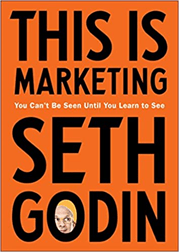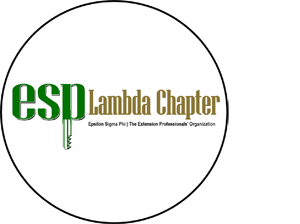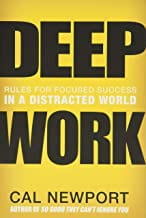No surprise, research and practices are beginning to roll in about online teaching and learning. In a recent edition of CBE – Life Sciences Education (LSE) research and best practices were shared around teaching equitably in synchronous online classes (Reinholz et al., 2020). While Extension teaching is non-formal, a quick review of the article will likely affirm and may help to inspire inclusive and equitable teaching practices.
Research indicates that instructors have adopted a range of practices to promote equitable participation online. Key practices related to social presence, teaching presence, and cognitive presence include: 1) (re)-establishing norms, 2) using participant names, 3) using breakout rooms, 4) leveraging chat-based participation, 5) using polling software, 6) creating an inclusive curriculum, and 7) cutting content to maintain rigor. The article shared the research approach and results. Below are a few personal insights to the practices that relate to our collective Extension work.
Re-establishing Norms. For some in Extension this may mean establishing norms for online teaching and learning. There is comfort for participants knowing what to expect, how they will be welcomed and how they will communicate in the session. For example – do you want participants to have cameras on if they can? Should they raise their hand or use chat to converse? Will you use annotation tools? Talk about your expectations, practice them within your group, revisit your group practice…it is mostly about making others conformable and feeling welcomed.
Using Student Names. Distance education does not have to be socially distant (what a concept!). Research indicates, and I bet your human experience may feel the same…people like to be called by name. It is possible that you have not met before in person and that you may not get the pronunciation right the first time…but data suggests that trying to use names is welcoming to participants.
Use Breakout Rooms. Zoom breakout rooms are not the answer to everything, but they can provide the one on one conversation and deeper understanding that happens with small group discussions. If you are teaching a workshop online, and haven’t played with break-out rooms – try it! More and more of our Extension colleagues (and participants) are becoming comfortable with using breakout rooms.
Leveraging Chat-Based Participation. The interest is in engaging your audience and helping them be present to what you are sharing. As Reinholz shares in the article, “chat is a very flexible method for broadening participation (related to teaching presence)”. It is simple, and accessible. Why not ask a question and have dialogue in the chat? Or name co-teachers to monitor the chat and respond to the questions?
Using Polling Software. There are many options available for polling, including hosting a poll within zoom. That said, often we are hosting a meeting and are interested in creating a word cloud or other visualizations. If you are interested in polls, know that Poll Everwhere is supported by CIT https://teaching.cornell.edu/resource/poll-everywhere For full access, complete the request form found here: https://cornell.ca1.qualtrics.com/jfe/form/SV_3Qmr0bsnhijpxmR
No doubt, polls engage the audience, and the data can be useful to you moving forward.
Creating an Inclusive Curriculum. In a perfect world, creating a culture for inclusivity begins as you create curriculum, projects, and programs. Use guiding principles for inclusivity as you prepare core content, workshop announcements, etc. Consider adding information about your approach to inclusivity to your website and resources. I don’t know about you, but this is one I need to work on :).
Cutting Content to Maintain Rigor. As Reinholz et al. have shared, “Instructors noted the lack of time in moving online”. That sentiment goes for students as well. Students share that it can feel overwhelming to have to read, watch, and communicate in an online environment. Too much information is not a new challenge to Extension staff – we get excited! The practice of cutting content is intended to share the critical content for participants to help you as the instructor to meet your objectives. Good to keep this in mind and possibly sharing “recommended readings”.
Reinholz, D. L., Stone-Johnstone, A., White, I., Sianez Jr, L. M., & Shah, N. (2020). A Pandemic Crash Course: Learning to Teach Equitably in Synchronous Online Classes. CBE—Life Sciences Education, 19(4), ar60. https://www.lifescied.org/doi/10.1187/cbe.20-06-0126
 As an extension educator with quality needed programing, I was confronted with low program participation. I question, is it the program topic or the marketing of the program?
As an extension educator with quality needed programing, I was confronted with low program participation. I question, is it the program topic or the marketing of the program?
 2020 was a mind-bending, challenging year for most. A colleague recently recommended Deep Work, by Cal Newport as I complained that “man, there are so many things getting in the way of my big projects this year”. I’ve been listening to this one as I walk the dog in the morning – and happy to say – I am inspired.
2020 was a mind-bending, challenging year for most. A colleague recently recommended Deep Work, by Cal Newport as I complained that “man, there are so many things getting in the way of my big projects this year”. I’ve been listening to this one as I walk the dog in the morning – and happy to say – I am inspired.